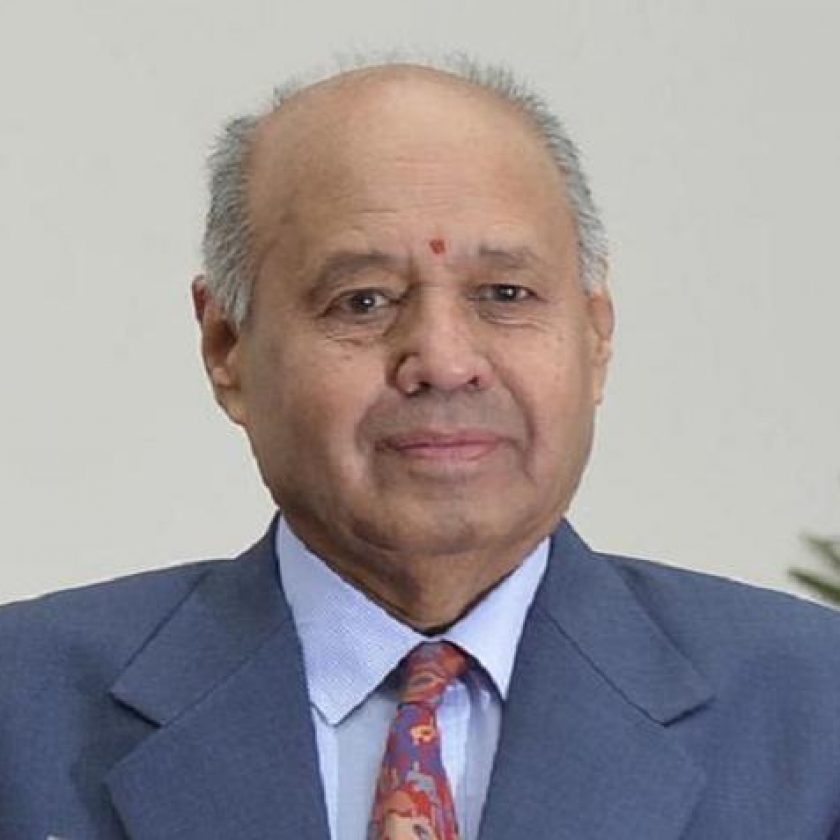Abstract
Compressive sensing (CS) as an approach for data acquisition has recently received much attention. In CS, the signal recovery problem from the observed data requires the solution of a sparse vector from an underdetermined system of equations. The underlying sparse signal recovery problem is quite general with many applications and is the focus of this talk. The main emphasis will be on a hierarchical Bayesian framework with a detailed discussion of an empirical Bayesian method, the Sparse Bayesian Learning (SBL) method. To develop this framework, priors modeled as scale mixtures of normal distributions will be discussed which include super-Gaussian and student-t priors as special cases. The talk will also discuss Bayesian methods for sparse recovery problems with structure; Intra-vector correlation in the context of the block sparse model and inter-vector correlation in the context of the multiple measurement vector problem.
Biography
Bhaskar D. Rao received the B.Tech. degree in electronics and electrical communication engineering from the Indian Institute of Technology, Kharagpur, India, in 1979 and the M.S. and Ph.D. degrees from the University of Southern California, Los Angeles, in 1981 and 1983, respectively. Since 1983, he has been with the University of California at San Diego, La Jolla, where he is currently a Professor in the Electrical and Computer Engineering department. He is the holder of the Ericsson endowed chair in Wireless Access Networks and was the Director of the Center for Wireless Communications (2008-2011). Prof. Rao’s interests are in the areas of digital signal processing, estimation theory, and optimization theory, with applications to digital communications, speech signal processing, and biomedical signal processing. Prof. Rao was elected fellow of IEEE in 2000 for his contributions to the statistical analysis of subspace algorithms for harmonic retrieval. His work has received several paper awards; 2013 best paper award at the Fall 2013, IEEE Vehicular Technology Conference for the paper “Multicell Random Beamforming with CDF-based Scheduling: Exact Rate and Scaling Laws,” by Yichao Huang and Bhaskar D Rao, 2012 Signal Processing Society (SPS) best paper award for the paper “An Empirical Bayesian Strategy for Solving the Simultaneous Sparse Approximation Problem,” by David P. Wipf and Bhaskar D. Rao published in IEEE Transaction on Signal Processing, Volume: 55, No. 7, July 2007, 2008 Stephen O. Rice Prize paper award in the field of communication systems for the paper “Network Duality for Multiuser MIMO Beamforming Networks and Applications,” by B. Song, R. L. Cruz and B. D. Rao that appeared in the IEEE Transactions on Communications, Vol. 55, No. 3, March 2007, pp. 618 630. (http://www.comsoc.org/ awards/rice.html), among others. Prof. Rao has been a member of the Statistical Signal and Array Processing technical committee, the Signal Processing Theory and Methods technical committee, the Communications technical committee of the IEEE Signal Processing Society and is currently a member of the Machine learning for Signal Processing technical committee. He has also served on the editorial board of the EURASIP Signal Processing Journal and also as a technical member for several IEEE conferences.


